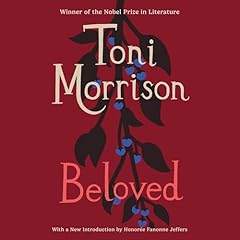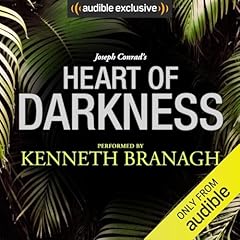
The Raven
No se pudo agregar al carrito
Add to Cart failed.
Error al Agregar a Lista de Deseos.
Error al eliminar de la lista de deseos.
Error al añadir a tu biblioteca
Error al seguir el podcast
Error al dejar de seguir el podcast
Compra ahora por $6.23
-
Narrado por:
-
Dominic West
-
De:
-
Edgar Allan Poe
Often considered to be one of the most famous pieces by Edgar Allan Poe, 'The Raven' is a poem recounting the descent into madness of a young man lamenting the loss of his lover.
This spellbinding performance by Dominic West (The Wire, The Affair) lures the listener into the depths of the protagonist’s despair.
Public Domain (P)2020 Audible, LtdLos oyentes también disfrutaron:






![The Raven and Other Poems [Classic Tales Edition] Audiolibro Por Edgar Allan Poe arte de portada](https://m.media-amazon.com/images/I/61ISLcgpRCL._SL240_.jpg)













Featured Article: The top 100 horror books of all time
This list encompasses the full spectrum of what horror can be—campfire-worthy tales, stomach-churning gore, and incisive social commentary. The classics are accounted for, but it also spotlights more recent titles, because that’s the nature of the genre—it is as perennial as it is ever-evolving, conjuring whatever frights most haunt our collective consciousness. Each title does have one thing in common: It makes for devilishly good listening. So cut the lights and press play—if you dare.
Las personas que vieron esto también vieron:


















The greatest poem ever written
Se ha producido un error. Vuelve a intentarlo dentro de unos minutos.
Bomb
Se ha producido un error. Vuelve a intentarlo dentro de unos minutos.
Absolutely brilliant
Se ha producido un error. Vuelve a intentarlo dentro de unos minutos.
The raven
Se ha producido un error. Vuelve a intentarlo dentro de unos minutos.
Great job too the voice narrator
Se ha producido un error. Vuelve a intentarlo dentro de unos minutos.



